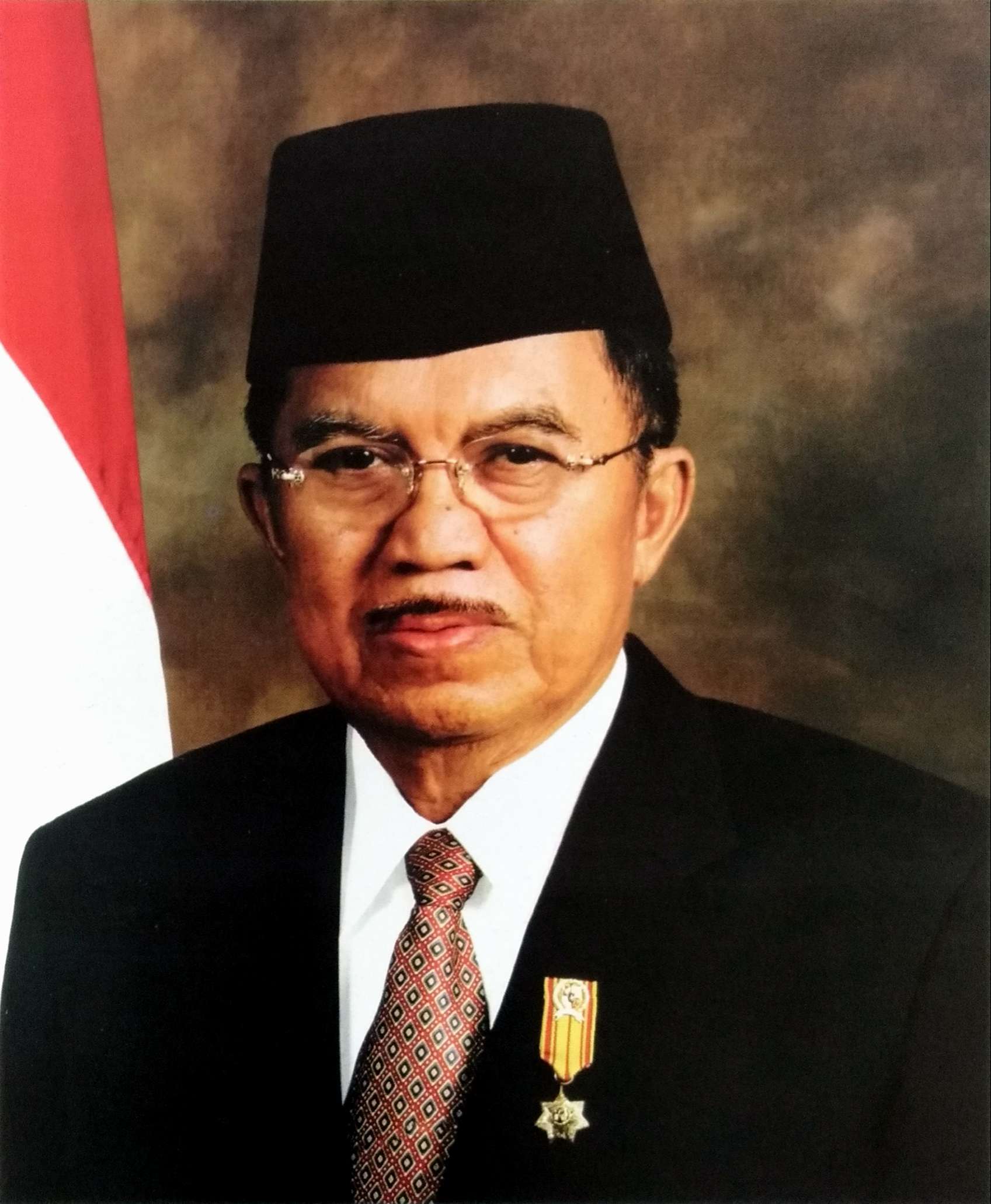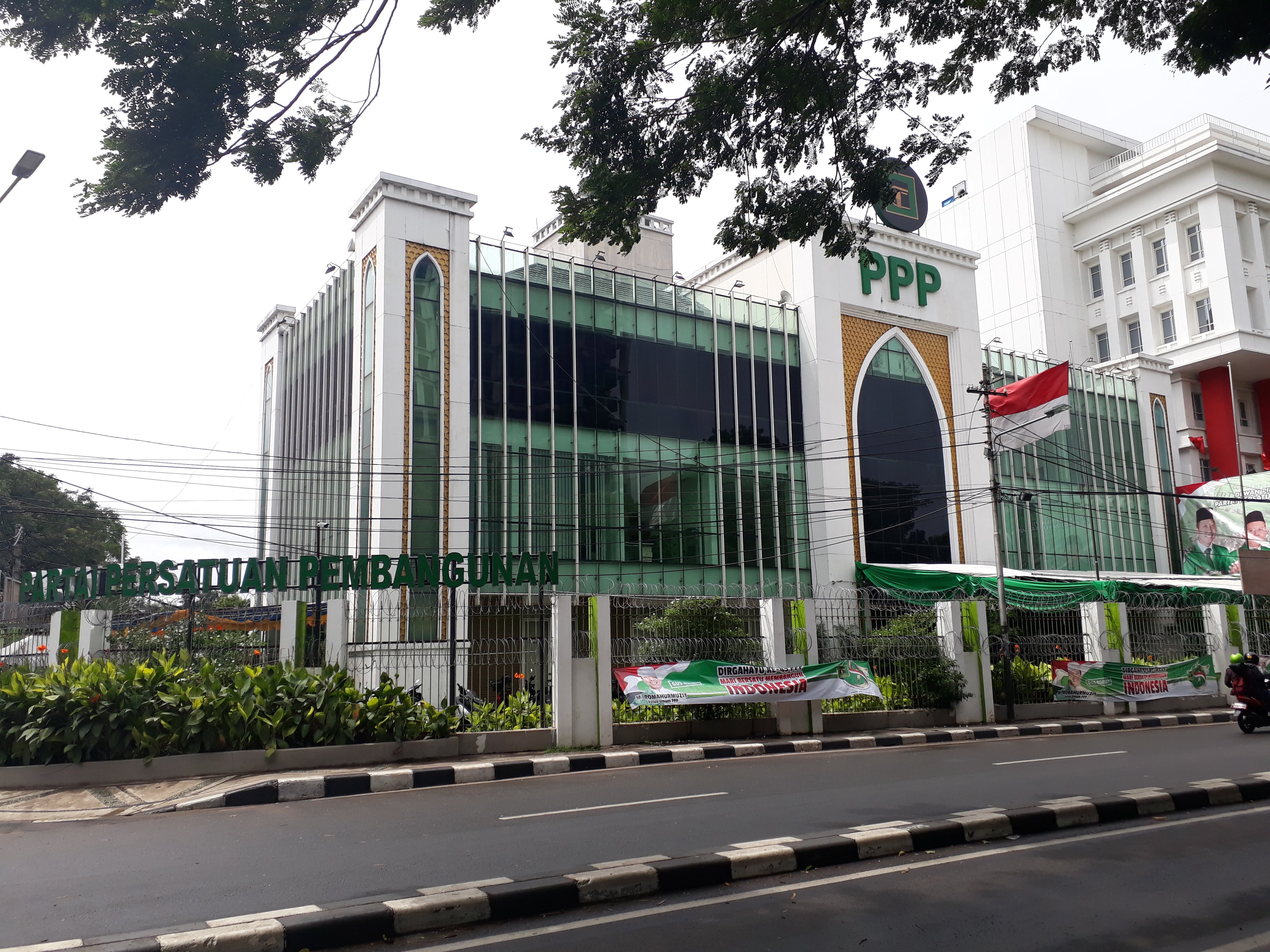|
Reform Star Party
The Reform Star Party ( id, Partai Bintang Reformasi) was an Islamist political party in Indonesia. The party was merged into Great Indonesia Movement Party in February 2011. Background The party began as a movement within the United Development Party (PPP) to depose Vice-president Hamzah Haz from the chairmanship, which he held for the 1998–2003 term, as it was felt he would not have time to run the party and hold the vice-presidency. The movement's leader was Zainuddin MZ, an Islamic preacher and chairman of the party's central leadership. He and other dissatisfied party members planned to establish a new party to be called the ''PPP Reformasi'' (PPP Reform). After a meeting between the discontents and Hamzah Haz, Hamzah agreed to accommodate the demands of Zainuddin's group for a restructuring and regeneration of the PPP leadership. Zainuddin said he did not want to be responsible for the breakup of the PPP. A "Team of 7" was established to undertake the changes, but Zainud ... [...More Info...] [...Related Items...] OR: [Wikipedia] [Google] [Baidu] |
Hamzah Haz
Hamzah Haz (born 15 February 1940) is an Indonesian politician who served as vice president of Indonesia from 2001 until 2004, under President Megawati Sukarnoputri. He previously held the positions of Minister of Investment and Coordinating Minister for People's Welfare and Poverty Alleviation. A member of the United Development Party (PPP), he also served as the party's chairman from 1998 until 2007. Career Hamzah was a newspaper journalist in his home town of Pontianak, on the island of Borneo, and later taught economics at Tanjungpura University. Article titled "Profile: Hamzah Haz" at the ''BBC News'' Web site, 26 July 2001, accessed 6 April 2007 His political career began in 1968 as a member of the |
Islamism In Indonesia
Islamism (also often called political Islam or Islamic fundamentalism) is a political ideology which posits that modern states and regions should be reconstituted in constitutional, economic and judicial terms, in accordance with what is conceived as a revival or a return to authentic Islamic practice in its totality. Ideologies dubbed Islamist may advocate a "revolutionary" strategy of Islamizing society through exercise of state power, or alternately a "reformist" strategy to re-Islamizing society through grassroots social and political activism. Roy, ''Failure of Political Islam'', 1994: p. 24 Islamists may emphasize the implementation of sharia, pan-Islamic political unity, the creation of Islamic states, or the outright removal of non-Muslim influences; particularly of Western or universal economic, military, political, social, or cultural nature in the Muslim world; that they believe to be incompatible with Islam and a form of Western neocolonialism. Some analyst ... [...More Info...] [...Related Items...] OR: [Wikipedia] [Google] [Baidu] |
Islamic Political Parties In Indonesia
Islam (; ar, ۘالِإسلَام, , ) is an Abrahamic monotheistic religion centred primarily around the Quran, a religious text considered by Muslims to be the direct word of God (or '' Allah'') as it was revealed to Muhammad, the main and final Islamic prophet.Peters, F. E. 2009. "Allāh." In , edited by J. L. Esposito. Oxford: Oxford University Press. . (See alsoquick reference) " e Muslims' understanding of Allāh is based...on the Qurʿān's public witness. Allāh is Unique, the Creator, Sovereign, and Judge of mankind. It is Allāh who directs the universe through his direct action on nature and who has guided human history through his prophets, Abraham, with whom he made his covenant, Moses/Moosa, Jesus/Eesa, and Muḥammad, through all of whom he founded his chosen communities, the 'Peoples of the Book.'" It is the world's second-largest religion behind Christianity, with its followers ranging between 1-1.8 billion globally, or around a quarter of the world's po ... [...More Info...] [...Related Items...] OR: [Wikipedia] [Google] [Baidu] |
Indonesian Legislative Election, 2009
Legislative elections were held in Indonesia on 9 April 2009 for 132 seats of the Regional Representative Council (DPD) and 560 seats of the People's Representative Council (DPR). A total of 38 parties met the requirements to be allowed to participate in the national elections, with a further six contesting in Aceh only. The Democratic Party of President Susilo Bambang Yudhoyono won the largest share of the vote, followed by the Golkar Party and the Indonesian Democratic Party – Struggle. Background On 5 October 2004, three regencies were carved out of the province of South Sulawesi to form West Sulawesi as the 33rd province of Indonesia. Because this occurred after the 2004 legislative election, West Sulawesi was not represented in the DPD during the 2004–2009 period. There were talks on increasing the number of seats in the DPR as early as September 2007. In a meeting of a committee to draft changes to the Constitution, various factions within the government proposed an ... [...More Info...] [...Related Items...] OR: [Wikipedia] [Google] [Baidu] |
People's Representative Council
The People's Representative Council of the Republic of Indonesia ( id, Dewan Perwakilan Rakyat Republik Indonesia, DPR-RI), also known as the House of Representatives, is one of two elected chambers of the People's Consultative Assembly (MPR), the national legislature of Indonesia. It is considered the lower house, while the Regional Representative Council (DPD) serve as the upper house; while the Constitution of Indonesia, Indonesian constitution does not explicitly mention the divide, the DPR enjoys more power, privilege, and prestige compared to the DPD. Members of the DPR are elected through a elections in Indonesia, general election every five years. Currently, there are 575 members; an increase compared to 560 prior to the 2019 Indonesian legislative election, 2019 elections. The DPR has been the subject of frequent public criticism due to perceived high levels of fraud and Corruption in Indonesia, corruption. History ''Volksraad'' In 1915, members of the Indonesian n ... [...More Info...] [...Related Items...] OR: [Wikipedia] [Google] [Baidu] |
Indonesian Legislative Election, 2004
Indonesia held legislative elections on 5 April 2004 for both houses of the People's Consultative Assembly, the country's national legislature. This included all 550 seats in the People's Representative Council and 128 seats of the new Regional Representative Council. Final results of the popular vote tally showed that Golkar, the former ruling party of the New Order era, received the most votes. It had lost to the Indonesian Democratic Party – Struggle in the 1999 legislative election. The Democratic Party and the Prosperous Justice Party, two of the newest parties to participate in the elections, received a combined 14.8% of the popular vote. Based on the final allocation of seats in the People's Representative Council, Golkar, the Indonesian Democratic Party – Struggle, the National Awakening Party, the United Development Party, the Democratic Party, the Prosperous Justice Party, and the National Mandate Party were qualified to submit candidates for the country's firs ... [...More Info...] [...Related Items...] OR: [Wikipedia] [Google] [Baidu] |
Zainuddin MZ
Zainuddin Hamidi (March 2, 1952 - July 5, 2011), also colloquially known as Zainuddin M.Z., was an Indonesian Islamic preacher, da'i, and politician. He was nicknamed as ''Dai Sejuta Umat'' (da'i for millions) due to his sheer popularity among the Indonesian society. He entered politics later in his career, first serving as an administrator of the United Development Party (PPP), and later the chairman of the Reform Star Party (PBR). Early life Zainuddin was the only child born in a Betawi family. His family was considered as a part of ''nahdliyin'', a community under the influence of Nahdlatul Ulama. His talent in speech was already visible since his childhood. He went through secondary education at Darul Ma'arif madrasa in Jakarta. During this time, he took the speech course known as ''Ta'limul Muhadharah'' (the study of speech). He pursued his higher education at IAIN Syarif Hidayatullah in Jakarta, and postgraduate education at the National University of Malaysia. His hobby w ... [...More Info...] [...Related Items...] OR: [Wikipedia] [Google] [Baidu] |
United Development Party
The United Development Party ( id, Partai Persatuan Pembangunan, sometimes translated as Development Unity Party; abbreviated PPP) is an Islam-basedAl-Hamdi, Ridho. (2013). ''Partai politik Islam: Teori dan praktik di Indonesia''. Yogyakarta: Graha Ilmu. political party in Indonesia. Due to its distinctive logo, the party is known as the "Kaaba Party". The PPP was formed in 1973 as a result of the merger between several Islam-based parties, assuming the role of umbrella party for Muslims.Zachary Abuza (2007): ''Political Islam and Violence in Indonesia'', Routledge, p. 21 After the Suharto regime, it once again became an Islamist party in the early Post-Suharto era. Today it is considered a nationalist Islamist party which conforms with Pancasila doctrine and no longer upholds sharia as a main goal. The party was led by Suryadharma Ali until 2014 when he was prosecuted for corruption. From 2014 to 2016 the party was split in the dispute over its chairmanship. In April 2016, Mu ... [...More Info...] [...Related Items...] OR: [Wikipedia] [Google] [Baidu] |
Great Indonesia Movement Party
The Gerindra Party (acronym for , ) is a political party in Indonesia. Formed in 2008, Gerindra serves as the political vehicle of former general Prabowo Subianto. It is presently the third-largest party in the House of Representatives, where it has 78 seats. Gerindra had positioned itself as an opposition party, but in 2019 it joined President Joko Widodo's Onward Indonesia Cabinet, despite Prabowo having run against Widodo in Indonesia's 2014 and 2019 presidential elections. History After coming last in Golkar's presidential convention on 21 April 2004, Prabowo served as a member of Golkar's Advisory Board until his resignation on 12 July 2008. Gerindra was formed on 6 February 2008 at the suggestion of Prabowo's younger brother, Hashim Djojohadikusumo, who helped pay for party's prime-time TV advertising campaign. Prabowo was appointed chairman of the party's Founding Board. Gerindra's provincial level election teams were formed in February 2009. The party then claimed a memb ... [...More Info...] [...Related Items...] OR: [Wikipedia] [Google] [Baidu] |

.jpg)



